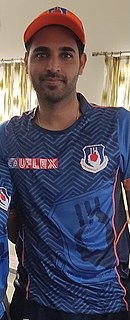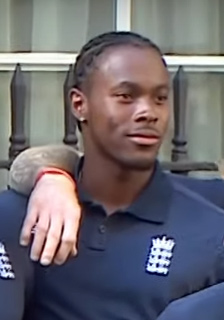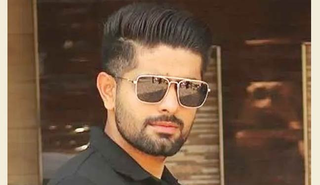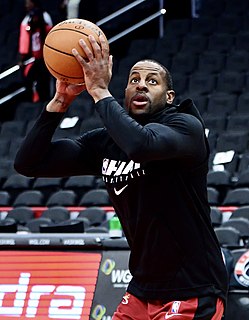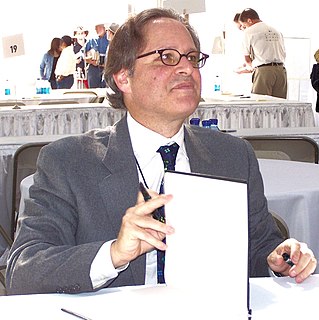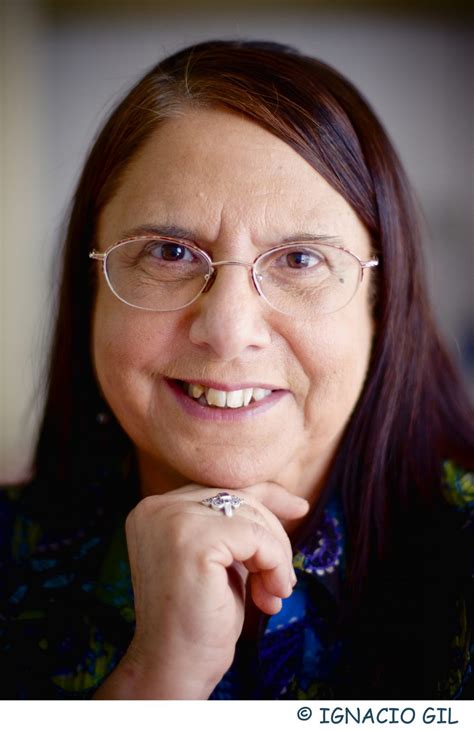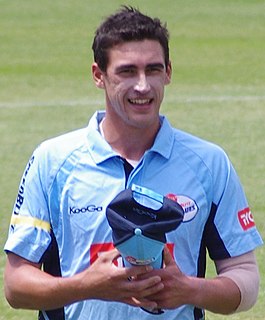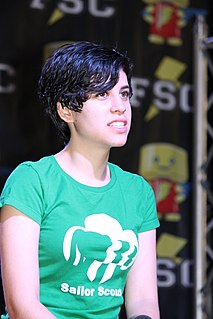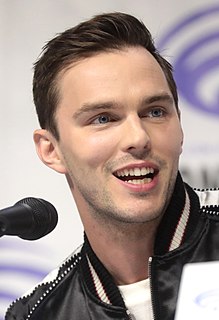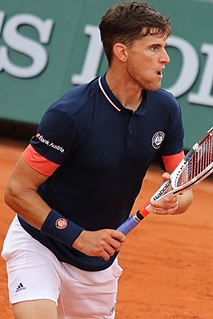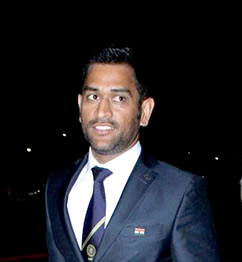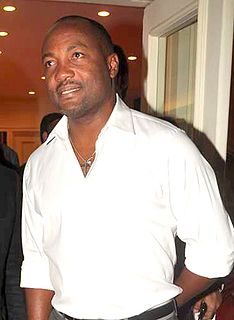A Quote by Bhuvneshwar Kumar
I have batted well in Tests and always wanted to do well in ODIs, too.
Related Quotes
Standardised tests cannot capture all, but on the other hand, students who are not capable of doing well on standardised tests are not well-equipped to thrive in today's world and so it's important for teachers to ensure that students gain the foundation necessary to meet the baseline educational standards these tests represent.
The interview process tests not what the applicant knows, but how well they can process tricky questions: If you wanted to figure out how many times on average you would have to flip the pages of the Manhattan phone book to find a specific name, how would you approach the problem? If a spider fell to the bottom of a 50-foot well, and each day climbed up 3 feet and slipped back 2, how many days would it take the spider to get out of the well? .
I am not against standardized tests. There are tests and tests and tests, and, to simplify, the ones I favor are criterion-referenced tests of skills, aligned with the curriculum. Social and emotional skills are important but skills are too. I find it heartbreaking that this is so often seen as an either-or choice. To get to the richness of studying literature, for example, you must first be an adept and confident reader. Whether you are is something a good test can measure.
I've always wanted to be a voice actor. Well I think at first I wanted to be a singer. Then in middle school I auditioned for a musical and I only really cared because I wanted to sing in it. I had to act as well as part of the audition and that was the first time I ever really acted, and I was like 'Oh hey, this is fun, I like doing this.'
